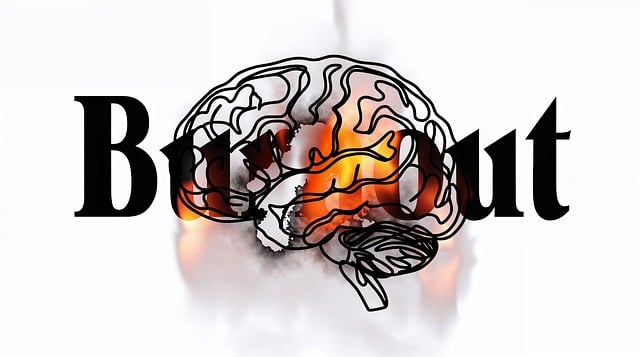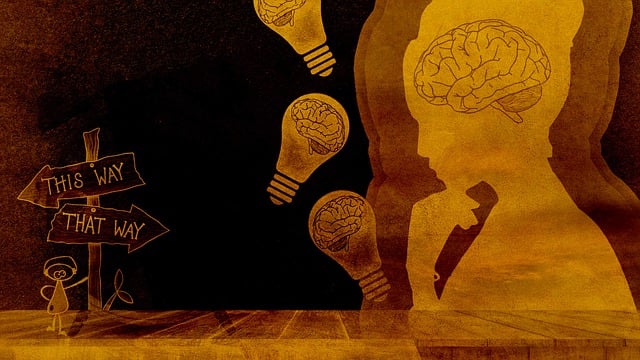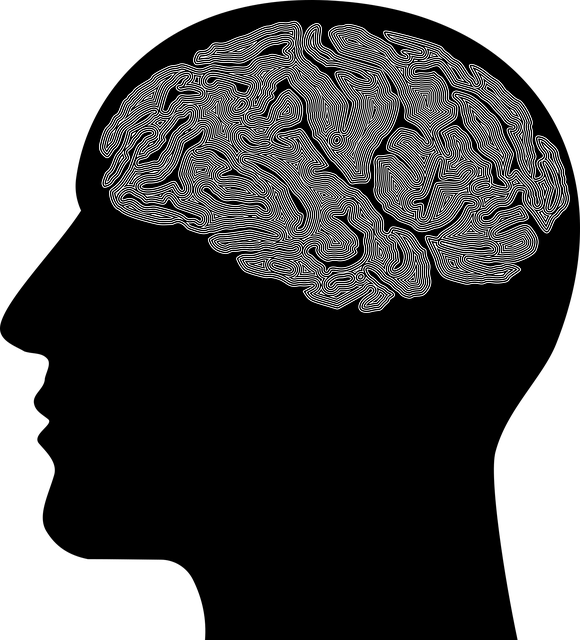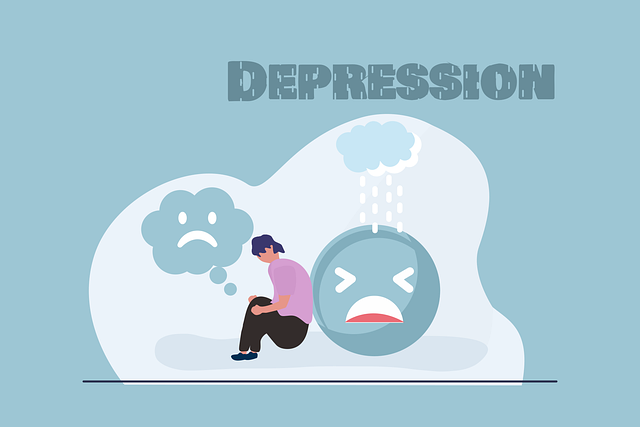Sexual abuse has severe long-term mental health effects, prompting the need for specialized advocacy like Broomfield Sexual Abuse Survivor Therapy (BSAST). BSAST offers holistically tailored healing processes, combining individual therapy, education, conflict resolution, and positive thinking to empower survivors. Mental health advocacy raises awareness, reduces stigma, and fosters support systems through programs in schools, workplaces, and community centers. BSAST's holistic approach includes group therapy, support groups, and workshops, helping survivors process trauma, manage stress, and reclaim their lives within supportive communities.
Mental health advocacy plays a pivotal role in supporting survivors of sexual abuse, helping them navigate complex emotional landscapes. This article delves into the profound impact of such trauma and its lasting effects on mental well-being. We explore how advocacy initiatives, like Broomfield Sexual Abuse Survivor Therapy, offer vital recovery paths. Additionally, we discuss strategies to raise awareness, reduce stigma, and foster supportive community systems, ultimately empowering survivors to heal and thrive.
- Understanding the Impact of Sexual Abuse and Its Long-Term Effects
- The Role of Advocacy in Mental Health Recovery for Survivors
- Broomfield Sexual Abuse Survivor Therapy: A Model Program
- Strategies to Raise Awareness and Reduce Stigma Around Mental Health
- Building Community Support Systems for Survivors: A Comprehensive Approach
Understanding the Impact of Sexual Abuse and Its Long-Term Effects

Sexual abuse is a pervasive issue with profound, lasting impacts on survivors’ mental health and well-being. The effects can manifest in numerous ways, from anxiety and depression to post-traumatic stress disorder (PTSD) and substance abuse. Understanding these long-term consequences is crucial for developing effective advocacy initiatives, such as those provided by Broomfield Sexual Abuse Survivor Therapy. This specialized therapy aims to empower survivors through healing processes tailored to their unique experiences.
Beyond individual therapy, mental health education programs designed with a focus on conflict resolution techniques and positive thinking can play a pivotal role in recovery. By equipping survivors with coping strategies and resilience-building skills, these programs foster a sense of control and empowerment, enabling them to navigate the challenges associated with sexual abuse. Such holistic approaches, when integrated into advocacy efforts, can significantly contribute to the overall well-being and empowerment of survivors.
The Role of Advocacy in Mental Health Recovery for Survivors

Mental health advocacy plays a pivotal role in supporting survivors of trauma and abuse, such as those who have undergone Broomfield Sexual Abuse Survivor Therapy. Advocacy acts as a powerful tool for recovery by providing a voice to those who may feel silenced or marginalized due to their experiences. It empowers individuals to share their stories, raise awareness about the impact of sexual abuse, and challenge societal stigma surrounding mental health issues.
Through advocacy, survivors can contribute to the design of mental health education programs that are sensitive to their unique needs. This process fosters a sense of agency and resilience-building, enabling them to navigate life’s challenges more effectively. By engaging in advocacy, survivors also create opportunities for others to access support and resources, ultimately enhancing the broader mental health landscape and promoting healthier communities.
Broomfield Sexual Abuse Survivor Therapy: A Model Program

Broomfield Sexual Abuse Survivor Therapy (BSAST) stands as a beacon of hope and healing for survivors of sexual abuse. This model program prioritizes the unique needs of individuals who have experienced trauma, offering specialized services tailored to foster their mental well-being. Through a comprehensive approach combining therapy, support groups, and compassion cultivation practices, BSAST aims to empower survivors to reclaim their lives.
The organization’s effectiveness lies in its commitment to creating a safe space free from judgment. Therapists employ evidence-based techniques to help clients process trauma, manage stress, and develop healthy coping mechanisms. Additionally, BSAST hosts Stress Management Workshops, providing valuable tools and strategies for daily well-being. These initiatives ensure that survivors receive holistic care, addressing both their emotional and psychological needs, ultimately leading to lasting recovery.
Strategies to Raise Awareness and Reduce Stigma Around Mental Health

Mental health advocacy initiatives often focus on raising awareness and reducing stigma to create a more supportive environment for individuals dealing with mental health issues. One effective strategy is to integrate Mental Health Education Programs Design into schools, workplaces, and community centers. These programs can educate people about common mental health conditions, promote early intervention, and encourage open conversations. By normalizing discussions around mental wellness, communities can foster a culture of care and understanding.
Additionally, producing engaging Mental Wellness Podcast Series can reach a wide audience, offering insights from experts, personal stories, and practical tips for managing stress. This medium allows individuals to listen at their own pace, encouraging self-reflection and connecting people with similar experiences. Beyond these, organizing Stress Management Workshops provides tangible tools for coping with daily pressures, empowering participants to take charge of their mental wellness. Initiatives like Broomfield Sexual Abuse Survivor Therapy, while specific, highlight the importance of tailored support services that address unique challenges faced by survivors.
Building Community Support Systems for Survivors: A Comprehensive Approach

Building community support systems is a comprehensive approach to empowering survivors of sexual abuse and trauma. Broomfield Sexual Abuse Survivor Therapy centers play a pivotal role in this process by providing specialized services tailored to address the unique needs of each individual. These initiatives extend beyond therapy sessions, fostering a network that promotes healing and resilience. By integrating survivors into supportive communities, they gain access to like-minded individuals who can offer understanding, encouragement, and practical assistance in their journey towards recovery.
This holistic strategy involves implementing Trauma Support Services, which include group therapy sessions, support groups, and community events aimed at fostering a sense of belonging. Additionally, resilience-building programs focus on equipping survivors with coping mechanisms to navigate challenges and prevent burnout. These initiatives empower individuals to reclaim their lives, break free from the cycle of trauma, and build lasting support systems within their communities.
Mental health advocacy plays a pivotal role in empowering survivors of sexual abuse, offering them the support and resources needed for recovery. By raising awareness through initiatives like Broomfield Sexual Abuse Survivor Therapy, we can break down barriers and reduce stigma. Implementing comprehensive community support systems further fosters an environment where survivors feel understood and valued. Through these collective efforts, we strive to create a society that not only recognizes the long-term effects of sexual abuse but also provides healing and hope for those affected.












